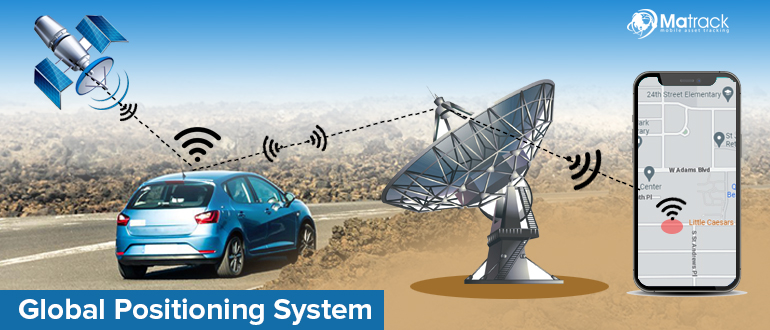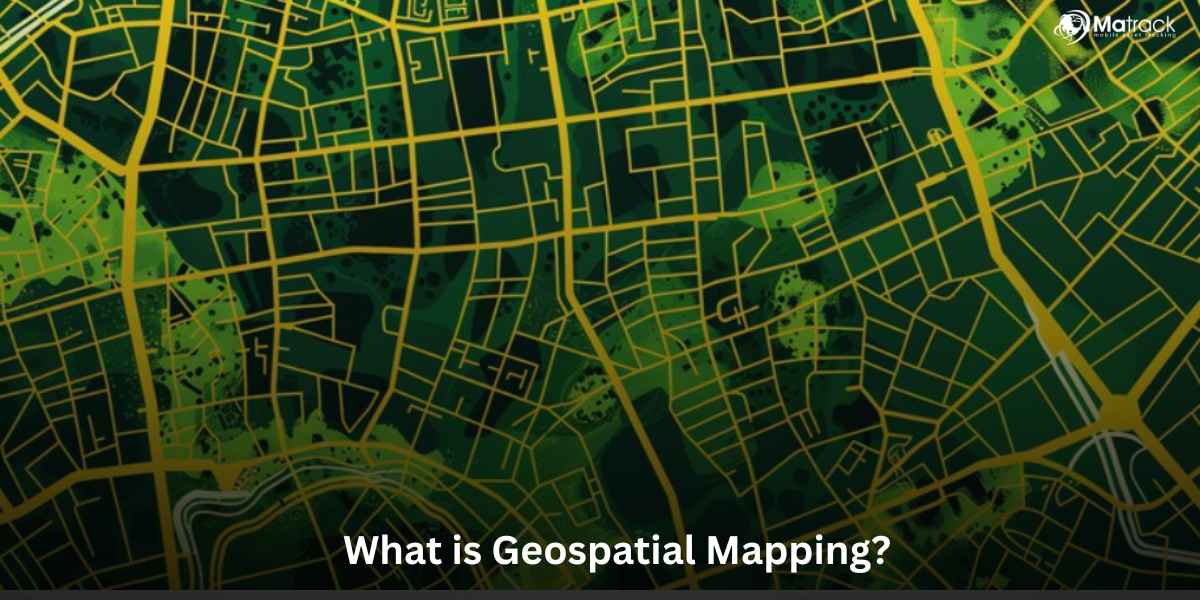Key Takeaways
- GPS is a satellite-based system that helps find locations, track movements, and provide navigation worldwide.
- It works using signals from at least 24 satellites, GPS receivers, and a process called triangulation for accurate positioning.
- GPS is used in daily life for navigation, mapping, transportation, farming, emergency services, and military operations.
- Future advancements like GPS III, AI, and 5G will make GPS more accurate, secure, and efficient for global applications.
What Is GPS?
GPS, or Global Positioning System, is a technology that helps find locations anywhere on Earth. It is used in mobile phones, cars, airplanes, ships, and many industries for navigation and tracking.
GPS was created by the United States Department of Defense (DoD) for military use but is now available for everyone. Today, people use GPS daily for driving, deliveries, and even finding lost items.
How GPS Works
GPS Satellite Network
GPS works with at least 24 satellites that move around Earth at 20,200 km (12,550 miles) above us. These satellites send signals to GPS receivers on the ground.
At least four satellites are always in the sky above any location. The GPS receiver takes signals from these satellites and calculates the user’s exact location.
GPS Receivers
A GPS receiver is a device that catches signals from satellites and tells you where you are. It is found in phones, cars, airplanes, and even smartwatches.
The receiver needs signals from at least four satellites to work accurately. It measures the time each signal takes to arrive and then calculates your position.
Triangulation and Time Correction
GPS uses a method called triangulation to find your location. It checks distances from multiple satellites and figures out where you are.
GPS satellites have atomic clocks to keep timing perfect. Even a tiny mistake in timing can cause location errors.
Parts of GPS
Space Segment
This part includes the satellites that send signals to GPS receivers. These satellites are solar-powered and orbit Earth constantly.
Each satellite sends two types of data: ephemeris data (its exact location) and almanac data (general satellite information). This helps GPS devices know where the satellites are.
Control Segment
This includes ground stations that monitor and adjust the satellites. These stations make sure the satellites are in the right position and send accurate signals.
There are control stations all over the world. They check the satellites and correct any errors in their timing or location.
User Segment
This includes GPS receivers in phones, cars, planes, and other devices. These receivers use satellite signals to find locations and provide navigation.
People, businesses, and governments use GPS for different purposes. It helps in everything from driving directions to rescue missions.
Uses of GPS
Navigation
GPS helps with navigation in cars, airplanes, ships, and mobile apps. It gives turn-by-turn directions and shows the fastest route.
Apps like Google Maps, Apple Maps, and Waze use GPS for real-time navigation. These apps also show traffic and alternate routes.
Mapping and Surveying
GPS is used in mapping and land surveying. It helps create accurate maps and measure land areas.
Surveyors use GPS to set boundaries for land and construction projects. It ensures that buildings and roads are placed correctly.
Transportation and Logistics
Companies use GPS to track vehicles, deliveries, and shipments. It helps in managing fleets, improving routes, and reducing costs.
Businesses like Uber, FedEx, and Amazon use GPS for real-time tracking. It improves delivery accuracy and customer service.
Farming and Agriculture
Farmers use GPS for precision farming, which helps in planting, fertilizing, and harvesting. It makes farming more efficient and reduces waste.
GPS-guided tractors and drones help in monitoring crops and soil conditions. This leads to better production and cost savings.
Emergency Services
GPS is important for ambulances, firefighters, and police. It helps them reach the right place quickly during emergencies.
It is also used in search-and-rescue missions. GPS helps find missing people and guide rescue teams.
Military and Defense
GPS was first made for military use. It helps in navigation, targeting, and tracking for military operations.
It is used in missiles, aircraft, and troop movements. Military forces depend on GPS for safety and precision.
Telecommunications and Banking
GPS helps in mobile networks, internet services, and financial transactions. It keeps time accurate for these systems.
Banks and stock markets use GPS timing for safe and precise transactions. It prevents errors and fraud in digital payments.
Advantages of GPS
Accurate Location
GPS provides very precise locations. Some systems can even measure within a few centimeters.
Works Everywhere
GPS works all over the world, no matter where you are. It provides 24/7 service in all weather conditions.
Real-Time Tracking
You can track people, vehicles, and shipments in real time. Businesses use it to manage deliveries and improve security.
Free to Use
GPS is completely free for public use. There are no fees or subscriptions needed.
Improves Safety
GPS helps in emergencies, aviation, and disaster response. It reduces travel time and helps avoid accidents.
Limitations of GPS
Signal Problems
GPS signals can be blocked by buildings, tunnels, and forests. This makes navigation difficult in cities or underground areas.
Weather Issues
Bad weather and solar storms can affect GPS accuracy. The signals may be delayed or distorted.
Reflected Signals
GPS signals can bounce off buildings and mountains, causing location errors. This is called multipath interference.
Battery Drain
GPS receivers use a lot of power. Using GPS for long periods drains the battery of smartphones and other devices.
Privacy Risks
GPS tracking can raise privacy concerns. Hackers can track or jam GPS signals, creating security risks.
Future of GPS
Better GPS (GPS III)
New GPS (GPS III) satellites are more accurate and harder to hack. They provide three times better accuracy than older systems.
Combined with Other Systems
GPS is now working with other satellite systems like Galileo (EU), GLONASS (Russia), and BeiDou (China). This makes it even more accurate worldwide.
AI and Smart GPS
Artificial intelligence is making GPS smarter. AI helps with better navigation, traffic predictions, and automated driving.
GPS with 5G and IoT
GPS will work with 5G networks and smart devices. It will improve self-driving cars, smart homes, and connected cities.
Conclusion
GPS is a powerful tool that helps in navigation, tracking, and communication. It is used in cars, phones, airplanes, farming, and even military operations.
With new technology like GPS III, AI, and 5G, GPS is becoming more accurate and reliable. The future of GPS will make travel, business, and everyday life even easier.

